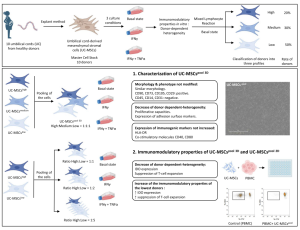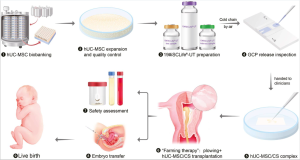Xinhua, September 30, 2021
SYDNEY, Sept. 30 (Xinhua) — Scientists from a number of Australia’s leading infectious disease and antibody therapeutic centers are confident they are a step closer to creating a COVID-19 treatment.
Their findings, revealed on Wednesday, show that monoclonal antibodies (MABs) can block the coronavirus from entering cells in preclinical models. Relevant paper was published in the journal Cell Reports.
MABs are man-made proteins that bind to a substance in the body such as cancer cells or, in this case, the SARS-CoV-2 which has triggered the pandemic.
There are many kinds of MABs, each tailored to serve as substitute antibodies to restore or bolster the immune system’s attack on a specific pathogen.
The research team — from the Walter and Eliza Hall Institute of Medical Research (WEHI), the Peter Doherty Institute for Infection and Immunity, the Burnet Institute, the Kirby Institute, CSL, Affinity Bio, and the Commonwealth Scientific and Industrial Research Organization (CSIRO) — believed their discovery paves the way for clinical trials of MABs treatments to prevent cases of severe COVID-19.
The researchers based their study on antibodies from recovered COVID-19 patients to screen for the antibodies most effective against the coronavirus.
The leading two MABs were then combined into an “antibody cocktail.”
WEHI Associate Professor Wai-Hong Tham, who co-led the research, said the team screened hundreds of potential antibodies, identifying the top 12 that were the most potent blockers.
Tham said by combining the leading antibodies, the researchers were able to test its effectiveness at blocking SARS-CoV-2 from entering cells.
“This antibody cocktail effectively blocked virus entry in these tests and reduced the severity of disease in preclinical models, enabling the infection to be overcome,” Tham said.
The researchers believed the treatments could ultimately be used to protect the most vulnerable people, such as the elderly, during an outbreak or in cases of infection in returned travellers.
“Unlike vaccines, which take several weeks to generate antibodies, antibody-based therapies would provide immediate protection against the virus,” Tham said.
“In the future, we may be able to use these therapies in people who are immunocompromized or unable to mount a robust immune response to a vaccine.
“If used early on, these treatments could prevent hospitalizations and serious complications from COVID-19.” Enditem
Source: >Xinhua









